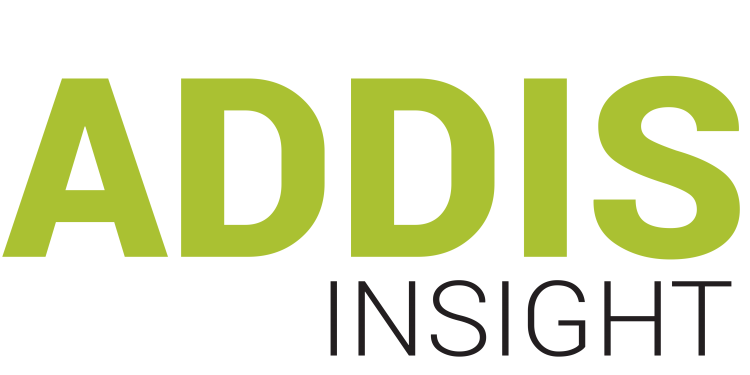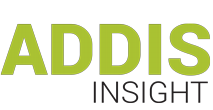Ethiopia is taking steps to address the widening gap between the official and black market exchange rates for the U.S. dollar. The government has established a committee made up of representatives from various sectors, including the National Bank of Ethiopia. This move comes as the official exchange rate for one dollar is at 54 birrs, while the black market rate is at 100 birrs, creating a significant discrepancy between the two.
The country is facing pressure to address the shortage of foreign currency and boost the ailing economy. The shortage has led to long lines at banks and difficulty for businesses to import goods, causing inflation and a shortage of goods. Additionally, the government has recently announced its decision to liberalize the financial sector for foreign investment in an effort to attract more foreign investment, which could help to boost the economy and create jobs. By opening the sector to foreign investors, the government hopes to increase the inflow of foreign currency, which could help to stabilize the exchange rate and narrow the gap between the official and black market rates.
One of the main challenges facing the committee is the lack of trust in the official exchange rate. Many Ethiopians believe that the official rate is artificially low and that the government is not doing enough to address the shortage of foreign currency. This has led to a growing black market for dollars, which has further widened the gap between the official and black market rates.
To address these issues, the government is looking to the experiences of other countries that have struggled with large gaps between official and black market exchange rates, such as Venezuela, Argentina, and Zimbabwe. The committee will study these countries’ experiences to identify the measures that worked and those that did not, in order to develop a more effective strategy for addressing the issue in Ethiopia.
The Central Bank of Ethiopia is taking measures to ensure market stability by rationing foreign currency and tightening access to it through official channels in order to curb the black market trade. Additionally, controlling inflation is crucial in keeping the exchange rate gap as narrow as possible.
The recent decision to liberalize the financial sector for foreign investment is also a move aiming at liberalizing the country’s economy. However, addressing this issue will require a multifaceted approach that addresses the underlying causes of the gap such as shortage of foreign currency and lack of trust in the official exchange rate, along with a tight monetary policy to control inflation.




